Last week, we at Spoon Yale embarked on a scientific mission to determine the empirical effect of miracle berries on taste. Aka we altered our sense of “sour” and tasted an assortment of goodies ranging from lemons to cream cheese to apple cider vinegar.
Wait…miracle berries?

Gif courtesy of jamspreader.com
Miracle berries, are, well, berries.
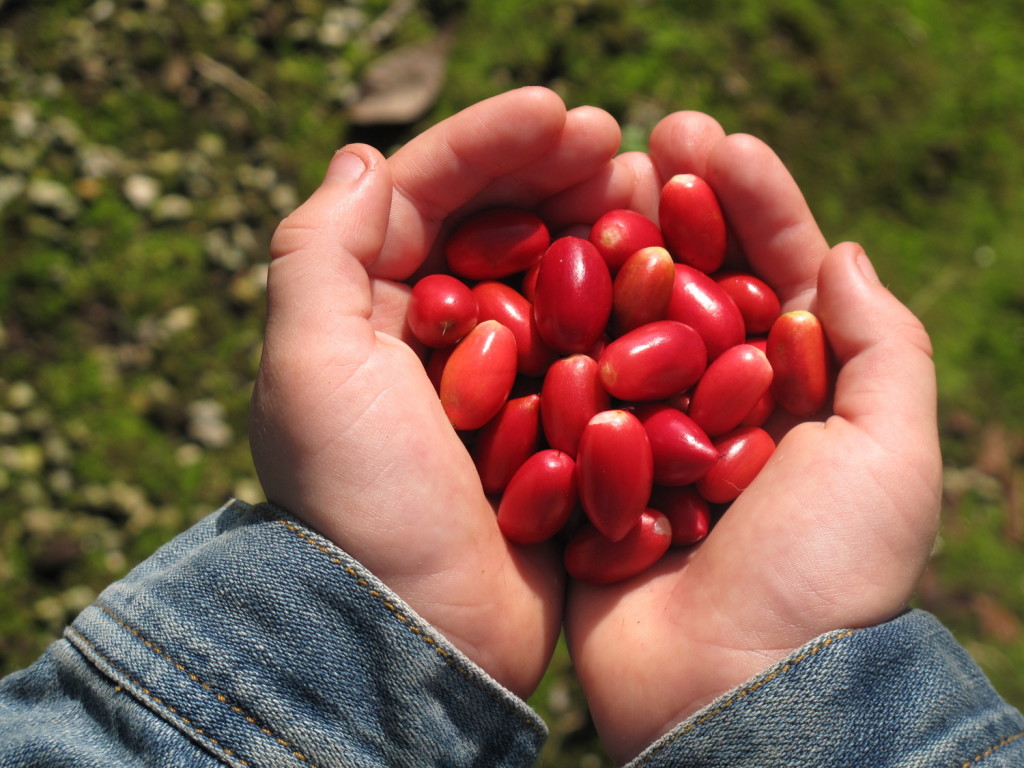
Photo courtesy of miraclefruitfarm.com
They come from the plant Synsepalum dulcificum and, when eaten, have the effect of turning sour foods sweet, although the berries themselves have very low sugar content (and are only 5 calories apiece!).
More specifically, a glycoprotein in the berry called miraculin binds to receptors in your taste buds and makes sour food taste miraculously sweet. You can purchase the berry itself or in a dissolvable tablet form online.
Woah…science

Gif courtesy of spraypaintedtunnels.com
Okay enough background…do they work in vivo?
We experimented with a variety of different foods, and these were our taste buds’ scholarly observations:
1. THE TABLET

Photo by Katherine Hong
It about 5 minutes to dissolve on our tongues. Some claimed that it tasted weird and wasn’t really pleasant, while others enjoyed its sweet, smokey flavor.
2. Lemons
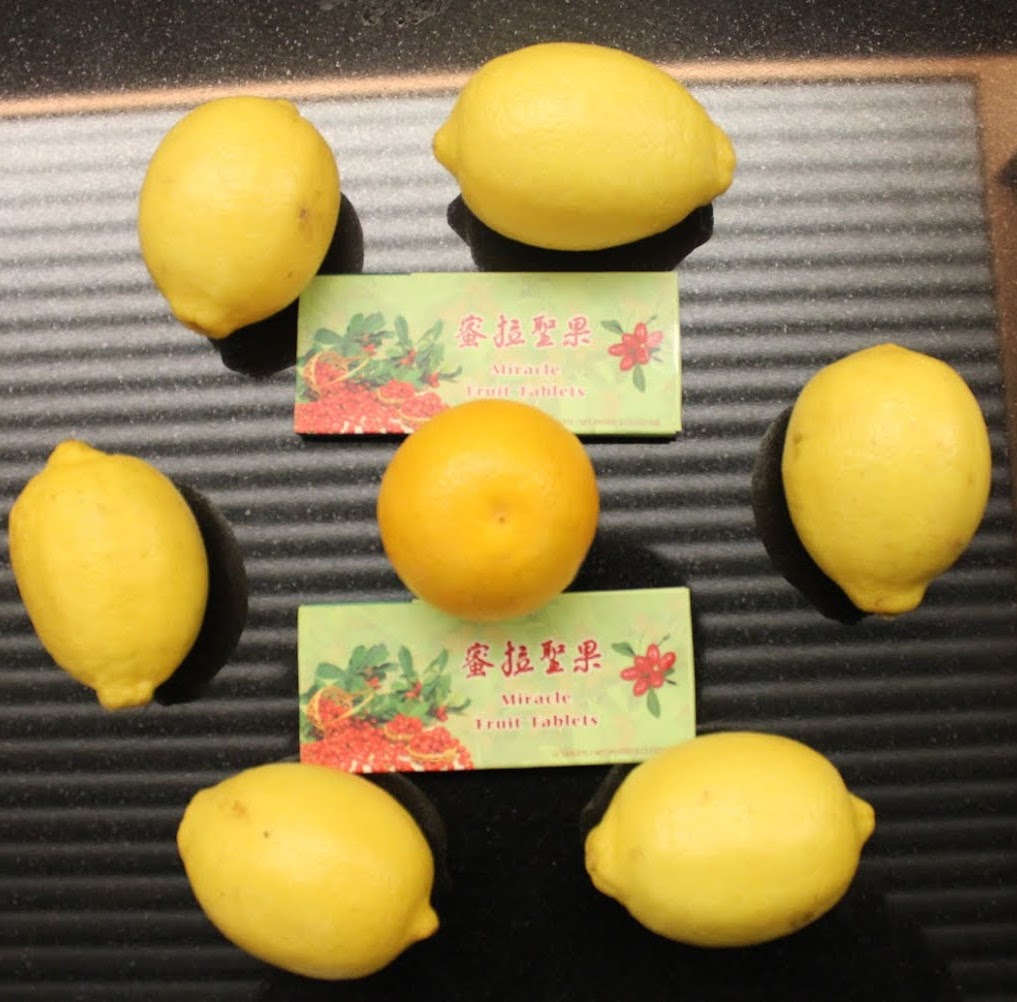
Photo by Katherine Hong
“Sweetest lemon I’ve ever had!”
“Tastes exactly like lemonade.”
“Mmmmm, yummy.”
Great flavor change. A+
3. Cream Cheese

Photo by Corrine Odom
Reminiscent of cheesecake, but not as sweet as expected. Overall pleasant flavor change, and paired with lemon even tasted like lemon cream pie. A-
4. Grapefruit
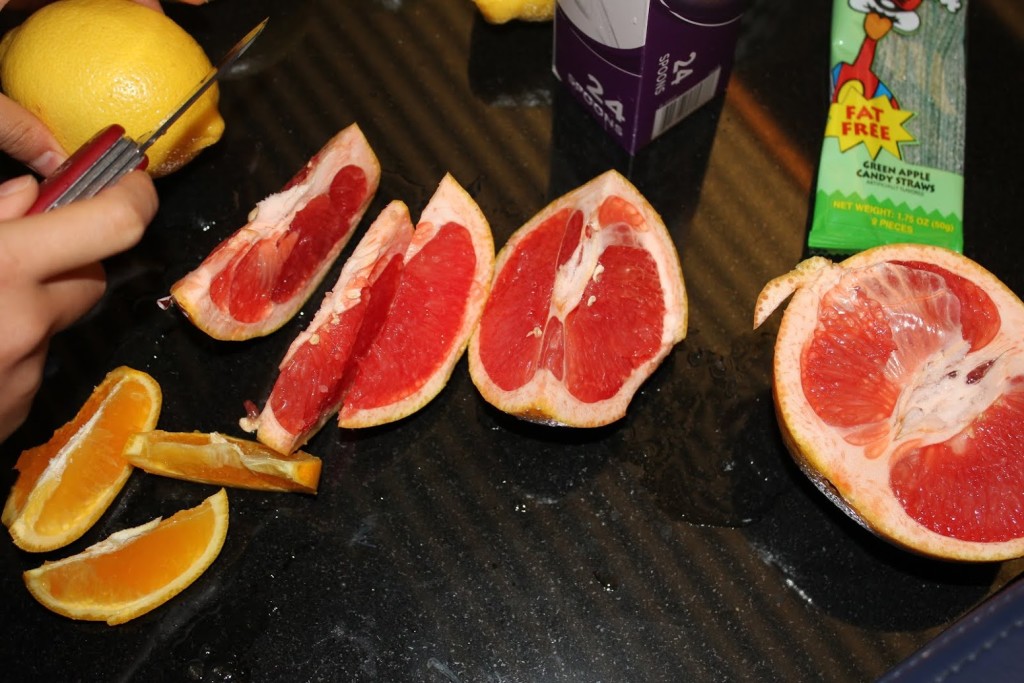
Photo by Katherine Hong
Tasted like Grapefruit brûlée minus the extra sugar. A++
5. Apple cider vinegar
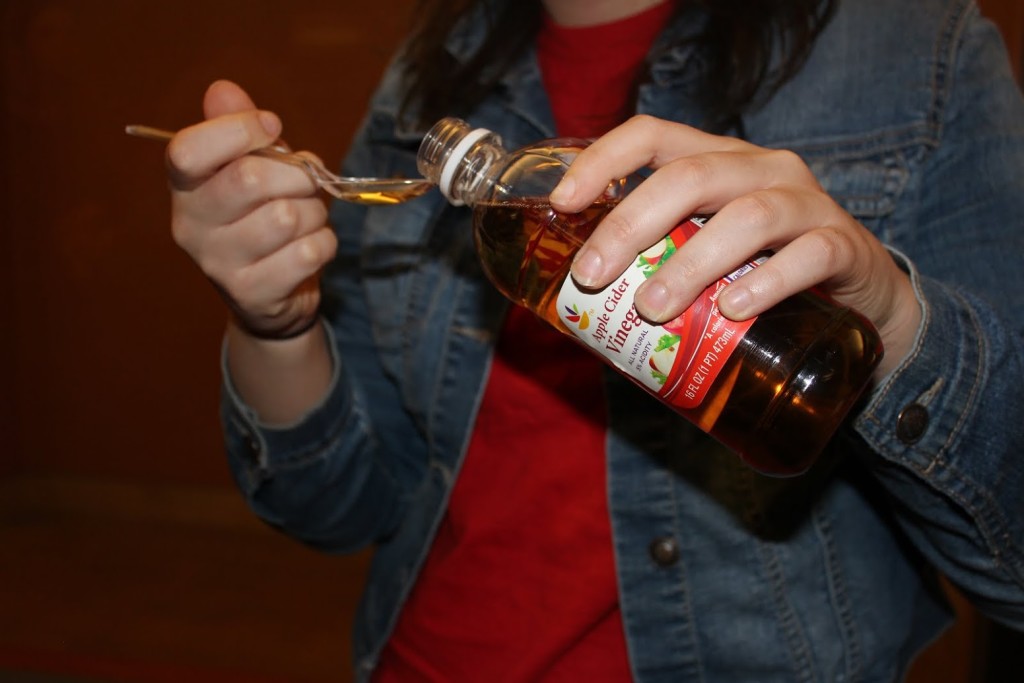
Photo by Katherine Hong
The berries drowned out the sour flavor and apple cider vinegar tasted more like apple juice when it hit the tongue, but still burned the throat when swallowed. B+
6. Lemon Sorbet
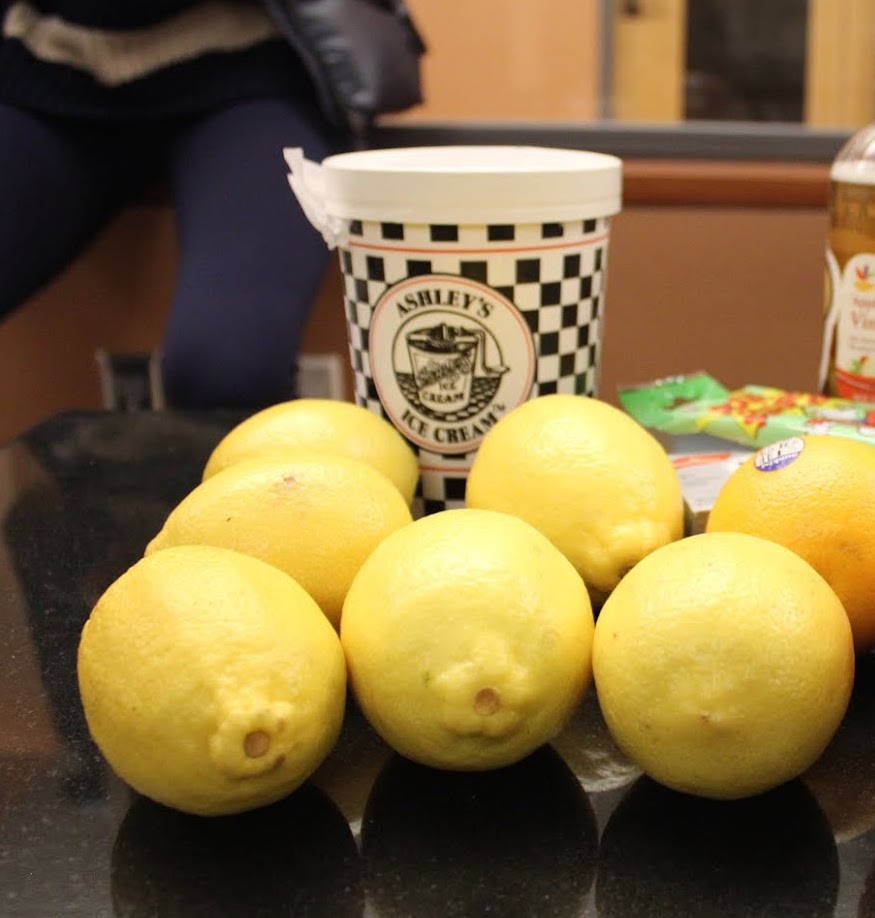
Photo by Katherine Hong
The sorbet was a bit of a disappointment. Because it was already sweetened, combined with the tablets’ effects, it was a bit nauseating. Talk about sugar overload. C-
Now it’s your turn.
Sour candy has been said to work really well too, and rumor has it the berry changes the taste of beer into a yummy adult treat (for all of you 21 and over readers). You can purchase the berries online, so go out and try some today – you won’t regret it.
Note: In conducting this study, the authors declare no conflicts of interest.



